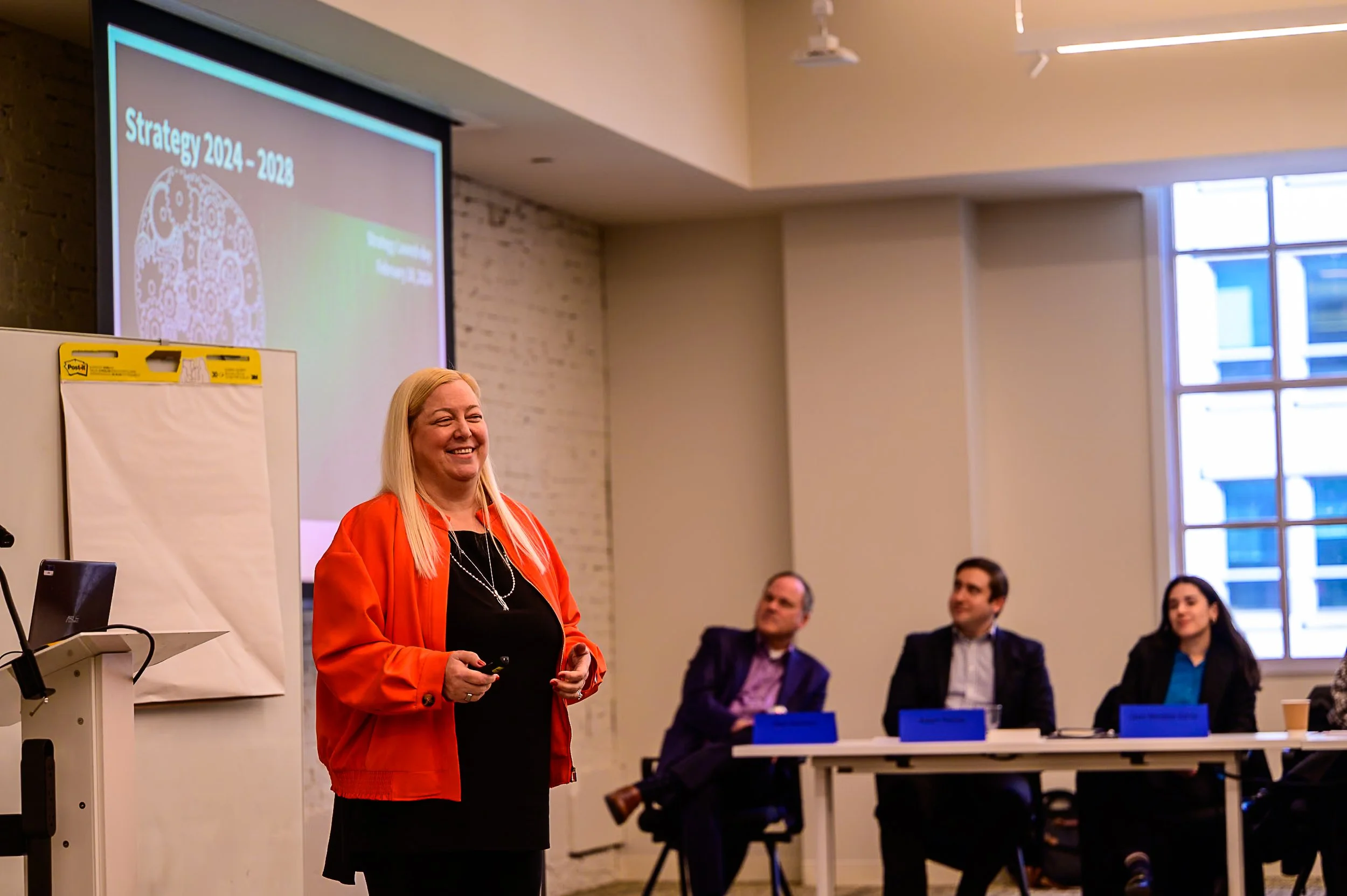
Securing the World Series
Every October, Major League Baseball (MLB) hosts the World Series, where two teams meet to battle in a best of seven games series to determine the champion. The World Series draws fans and interest from around the world, and consequently is at risk for many different security threats such as terrorist acts, criminal activity, and unruly crowds. As a result, the MLB, state, and Federal agencies must work together to respond to potential threats and ensure the safety of the players and spectators.
There are many security measures implemented to make sure the fans and players are safe during a major sporting event like this. For example, the MLB brings security experts from stadiums across the country together to provide security expertise and best practices for the World Series. Additionally, various law enforcement groups simulate the World Series in ongoing training exercises, the most recent exercise in April 2014 at the Pittsburgh Pirates’ PNC Park.
Law enforcement agencies also leverage technology to coordinate and share information during the event. For instance, during the MLB 2014 All Star Game in Minneapolis, the Minneapolis Police Department used the Homeland Security Information Network (HSIN) to share sensitive but unclassified (SBU) information with their partners including reports, standard operating procedures, stadium maps, and incident action plans between partnering organizations.
Although these are all effective measures to secure the World Series, there are additional best practices the MLB and law enforcement groups can employ. These include:
- Create a lessons learned database and message board for different security groups who cover the World Series as well as the Super Bowl, NBA Finals, and Stanley Cup, so they can discuss and share best practices for securing major sporting events
- Develop a detailed risk mitigation plans for the World Series and make sure they are reviewed by all parties involved
- Review after action reports from other sporting and widely-attended, visible events and apply lessons learned to the World Series
Adopting best practices from other national sporting events, actively sharing information, coordinating with different law enforcement agencies, and developing detailed risk mitigation plans and procedures will allow the MLB to provide teams and fans, with a safe, memorable, once in a life time experience.





















